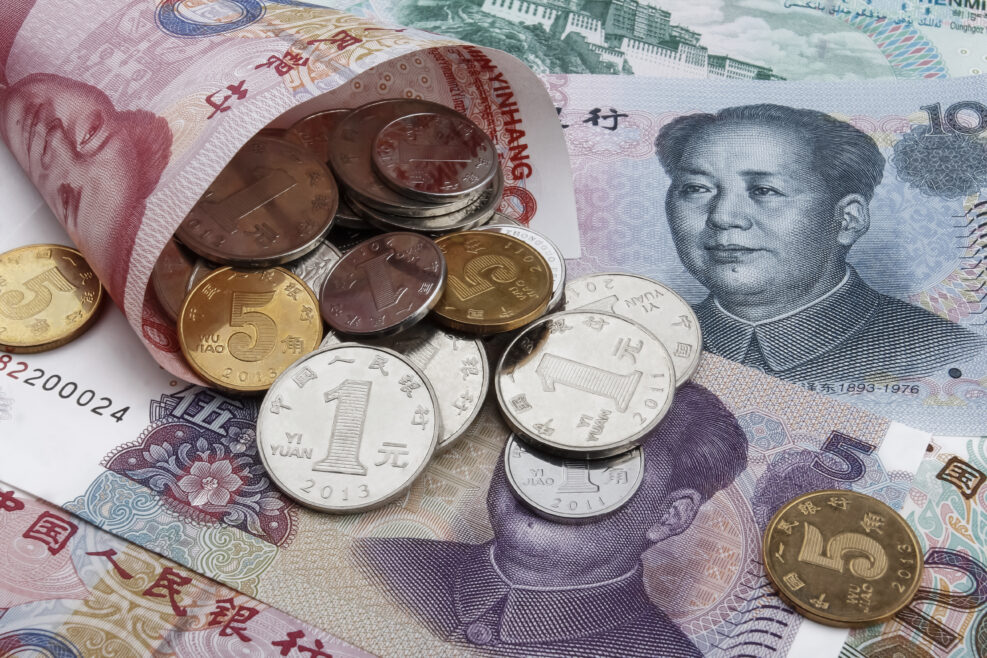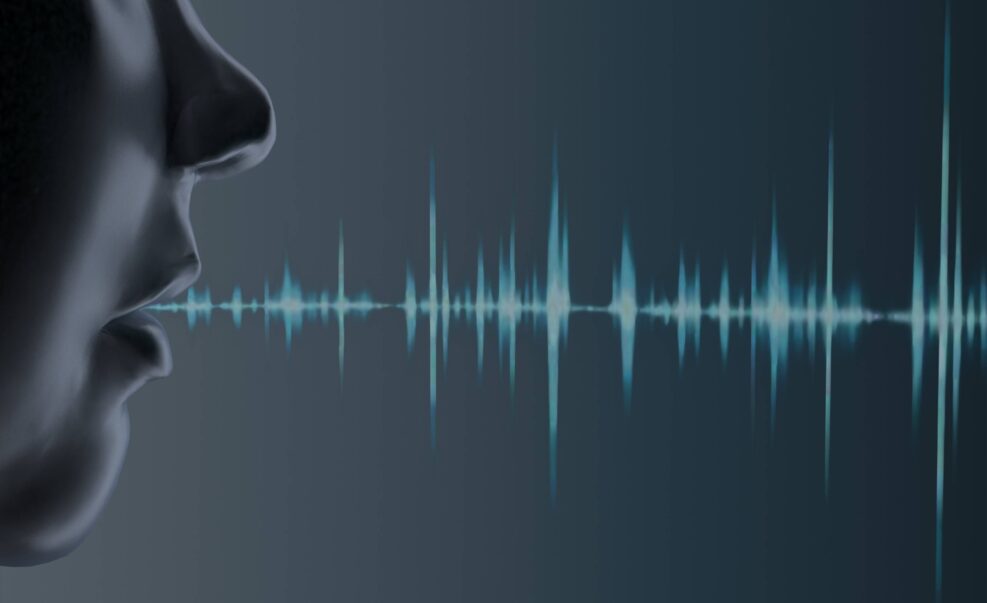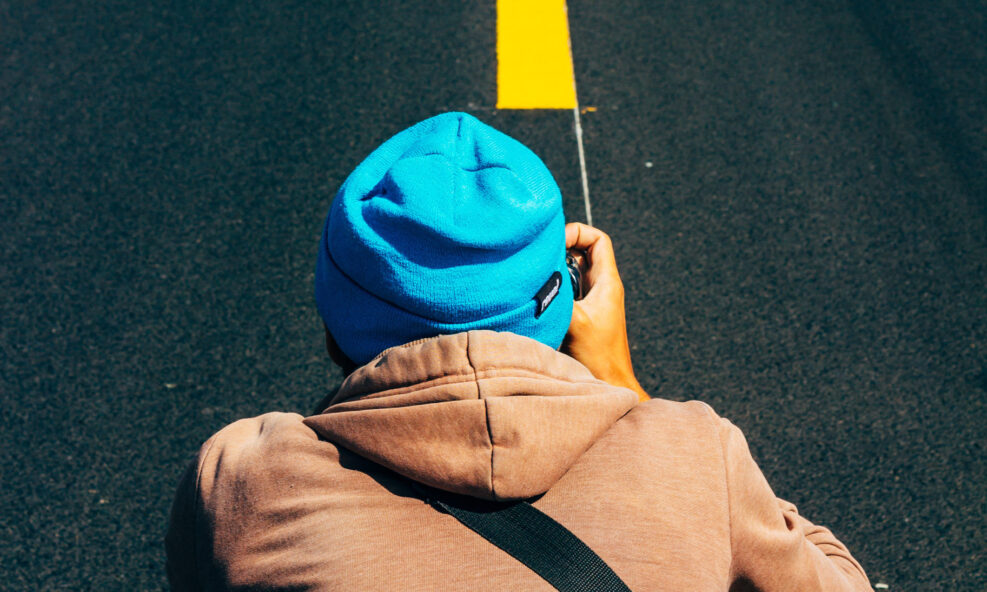
Hong Kong: The Dread That Lies Ahead
They fear the fate of the Uyghurs, under "complete video surveillance"They dread 2047 when Hong Kong comes completely under the jurisdiction of the Communist Party and is subject to the CCP’s rule of law rather than Hong Kong’s own laws under the current “one country, two systems” regime.
Read More ›








